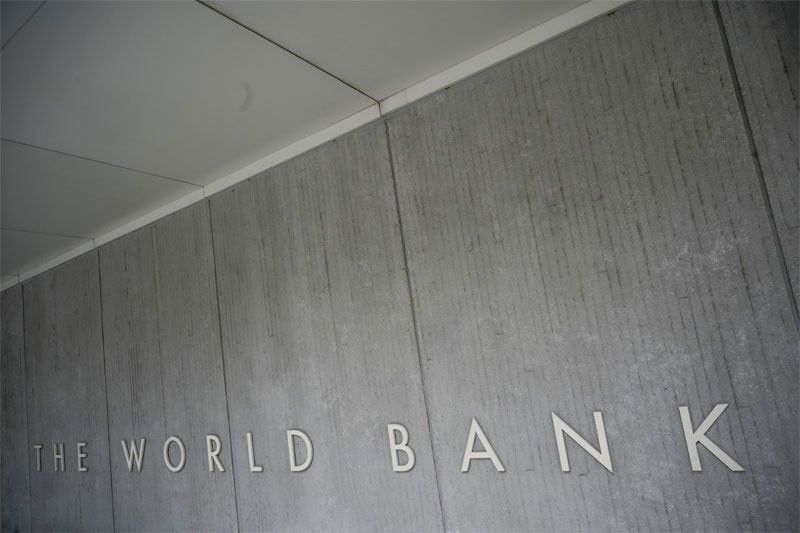World Bank: Southeast Asia needs stronger rules on plastic value chain

MANILA, Philippines — Southeast Asian countries needs to come up with stronger regulatory frameworks and innovative methods in the plastic value chain in order to reduce plastic waste, according to the World Bank.
In a World Bank blog post, Axel van Trotsenburg who serves as managing director of operations at the World Bank, and Association of Southeast Asian Nations (ASEAN) secretary general Lim Jock Hoi said the region has become a hot spot for plastic pollution amid the region’s rapid urbanization, rising middle class and lack of infrastructure for waste management.
According to the experts, half of the top 10 countries that contribute plastic leakage to rivers and seas are located in Southeast Asia.
In Malaysia, the Philippines and Thailand, World Bank studies found that over 75 percent of material value of recyclable plastic worth $6 billion is lost every year when single-use plastic is thrown out instead of being recovered and reused.
Amid the COVID-19 pandemic, consumption of masks, sanitizer bottles, online delivery packaging and other single-use items increased, exacerbating the problem of plastic waste.
As plastics are produced mainly from fossil fuels, the experts said the growing demand for such also intensifies the climate crisis.
“If no action is taken, greenhouse gas emissions from the production, recycling and incineration of plastics could account for 19 percent of the total allowable emissions under the Paris Agreement, which seeks to limit warming by 2040 to 1.5 Celsius degrees. Reducing plastics thus has a critical climate co-benefit,” the experts said.
Both the industry and governments, they added, are aware of the problem and of what needs to be done to reduce the annual plastic leakage into the ocean by about 80 percent below the projected levels by 2040.
“But to be able to do its part, Southeast Asia needs stronger regulatory frameworks, more innovative business models and a wider array of funding mechanisms,” they said.
As countries in the region have shared rivers and coastlines as well as markets for plastic products and waste, they said collaboration would be needed.
There are calls within ASEAN to regionally harmonize standards for recycled plastics, as well as technical requirements for plastic packaging and labeling.
This, as initiatives aimed at coming up with plastic-smart designs to help minimize waste and make it easier to reuse or recycle are sometimes prevented by the confusing and varying regulations, standards, certifications and labeling in the different countries.
Apart from harmonization of standards, the experts said there should be efforts to raise consumers’ awareness on the issue to enable them to make conscious and sustainable choices when making purchases.
In order to design products to help minimize waste, they also said innovation will be needed throughout the plastic value chain. This involves using new alternative materials, sustainable packaging, innovative technologies and new types of financing.
Last month, the World Bank approved a $20 million grant to support ASEAN’s actions to address the problem including strengthening and harmonizing policies that govern the production and use of plastics across the region.
“Although it has become a hot spot for mismanaged plastic waste, the region is resolving to turn the tide,” the experts said.
- Latest
- Trending
































